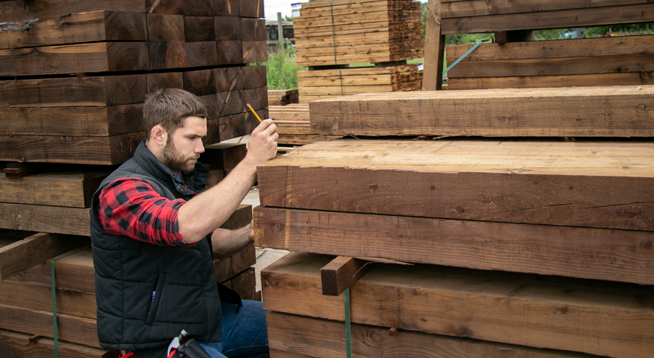The Inside Outside Guys: Taking Your DIY Questions
By Ken Calverley and Chuck Breidenstein
DETROIT, February 10, 2022 ~ Most of the systems in a home require the services of a professional at some point. But every homeowner experiences smaller issues that may just require a little know-how and resourcefulness, as evidenced by the following questions The Guys have received.
Q. We live in a long ranch-style home over an unfinished basement. Every time I need warm water in our master bath, which is located at the opposite end of the water heater, I have to wait several minutes and waste several gallons of water. What to do?
A. The water in the pipe between the heater and the point of use will cool down such that you have to exhaust it to get any hot water. We call this cold-water sandwiching.
In the past we have installed small “on-demand” water heaters to serve the master bath only.
You might also consider installing closed cell foam insulation on the hot water pipe in the basement. It is available in 4-foot lengths in packs of four at any local hardware. Thicker is better. Cover the entire line and also the first 4 feet of the cold-water line as it enters the water heater.
Q. The screws in the hinges of my kitchen cabinets are all becoming loose and falling out. Do I need a carpenter for this?
A. Perhaps not. Do you have some toothpicks and some good carpenter’s glue? Cut lengths of toothpick equal to the depth of the screw hole and coat them with glue.
Then jamb two to four of them into the hole and let cure for 24 hours. You may want to gently use a rubber mallet to make sure the hole is filled with the new wood.
You will now be able to use the same screws to re-secure those cabinet hinges.
Q. My sometimes-out-of-control kids have punched holes in the drywall with doorknobs. I have no idea how to repair these.
A. There are all kinds of kits you can purchase that contain a small scraper, spackle and patch tape.
Use of these requires some practice to perfect. DAP makes a product called Eclipse Patch that is a simple peal and stick process. You apply the patch and paint right over it. Another good reason we tell people to always save a little of that paint you used on your walls.
If you have textured walls, there is another product called Step Saver Fast Past that is also peel and stick. This patch has a textured surface and can also be painted after application.
For any such repairs, use several thin coats of paint and feather the paint well beyond the patch to blend it in. Let each coat fully cure before application of another.
Q. I have some beautiful wallpaper in my dining room that has a couple small bubbles. Is there any way I can fix these?
A. Take a very sharp razor and cut a line through the bubble, preferably through a pattern line and at a slight angle through the paper.
You can obtain glue at a local hardware in a syringe that can be injected into the slit. Use a roller on the wall surface to spread the injected glue.
Properly done, the repair should be invisible.
Q. On the ceiling above our shower, we are getting brown spots. There is no plumbing above there, and we just had a new roof installed.
A. It could very well be bleed-through from an acrylic paint used on the ceiling. Light scrubbing should remove the stains and verify for you it is not caused by a roof leak or roof moisture.
Q. We have several doors in the house that have developed squeaky hinges. Is there an easy fix?
A. One product we always keep on hand is a high-quality silicone in a controlled spray can. You can find it at good local hardware stores and automotive supply stores.
A very small droplet of silicone on the top of each hinge will work its way down and around the hinge cylinder and quiet the noisy offender.
The Guys answer questions like these every day of the week from listeners all over the country. Send your questions and concerns to
For housing advice and more, listen to “The Inside Outside Guys” every Saturday and Sunday on 760 WJR, from 10 a.m. to noon or contact us at InsideOutsideGuys.com.

